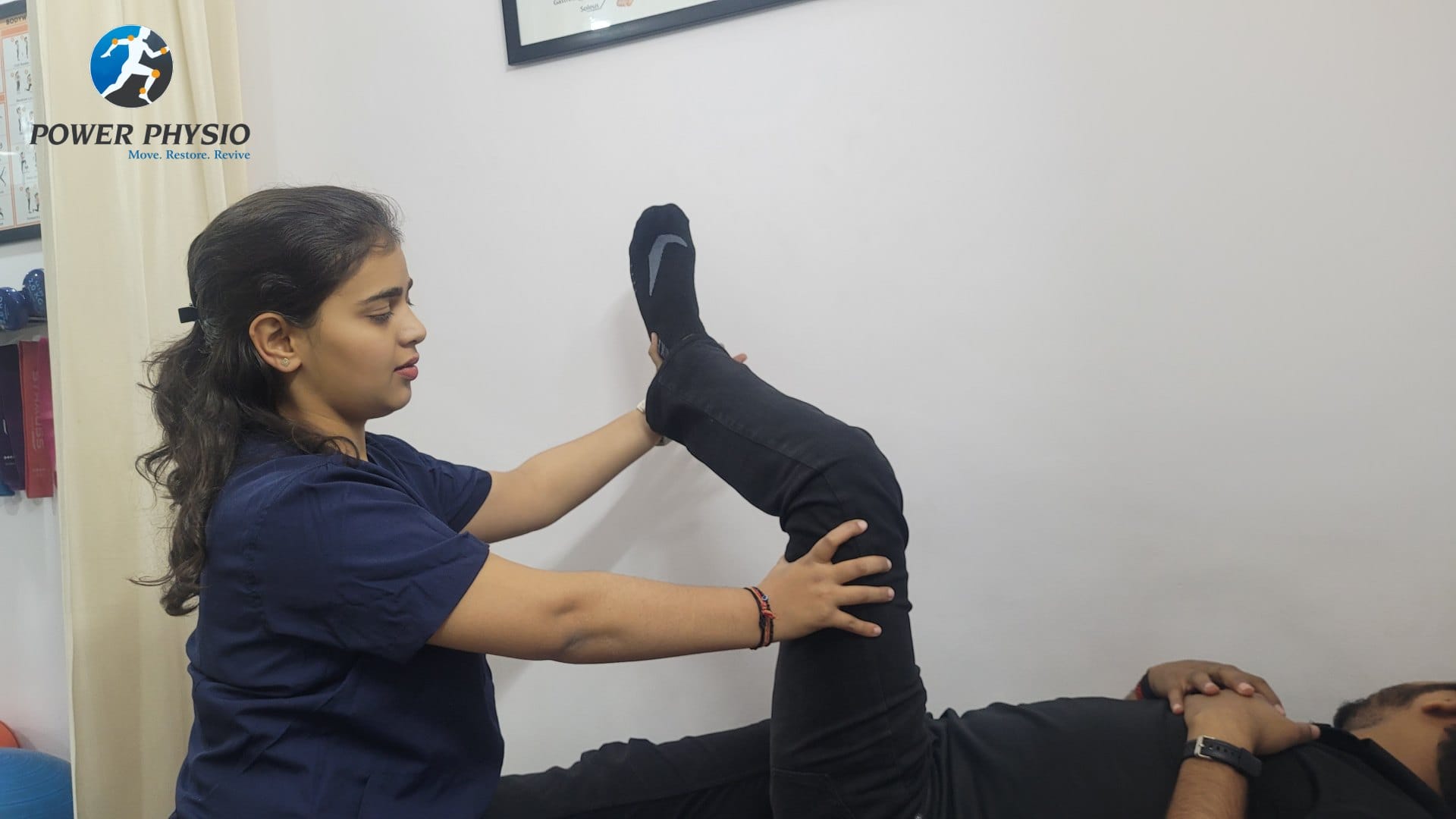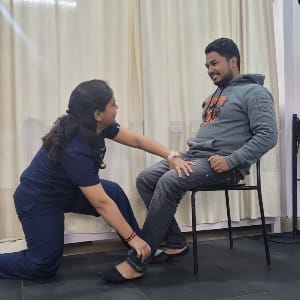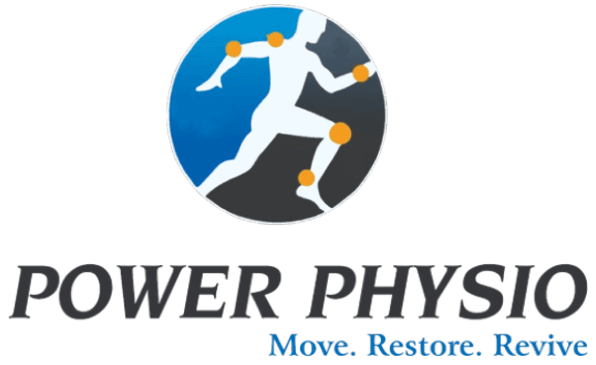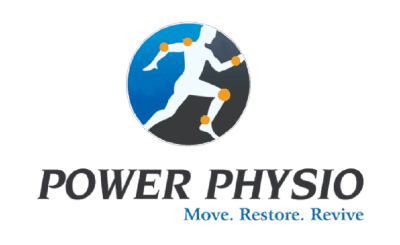
Knee Pain Management
Knee pain refers to discomfort, soreness, or pain experienced in or around the knee joint. It can result from various causes such as injuries (e.g., ligament tears, meniscus damage), medical conditions (e.g., arthritis, tendinitis), overuse, or biomechanical issues. Knee pain can affect movement and stability, impacting daily activities and quality of life. Proper diagnosis and treatment are essential to manage knee pain effectively and prevent further complications. Here’s an overview of knee pain symptoms, causes, and our approach to managing it effectively.

Causes of Knee Pain
Common causes of knee pain include:
- Injuries
- Medical Conditions
- Overuse
- Mechanical Issues
-
We specialize in identifying the causes of Knee pain
Common causes of knee pain include:
• Injuries: Sprains, strains, tears (e.g., ACL tear), and fractures.
• Medical Conditions: Arthritis (osteoarthritis, rheumatoid arthritis), tendinitis, bursitis.
• Overuse: Repetitive strain injuries from activities like running or jumping.
• Mechanical Issues: Patellofemoral pain syndrome, meniscus tears, ligamentous instability.
• Other Factors: Obesity, improper footwear, poor biomechanics, and genetic predisposition. -
We excel at identifying the signs of Knee pain.
Knee pain can present with various symptoms, including:
• Pain: Dull ache, sharp pain, or throbbing sensation in the knee joint.
• Swelling: Visible swelling or puffiness around the knee.
• Stiffness: Difficulty bending or straightening the knee.
• Instability: Feeling of the knee giving way or feeling unstable.
• Limited Range of Motion: Difficulty moving the knee through its full range.
-
Managing Knee Pain at Power Physio Clinic
At Power Physio Clinic, we employ a tailored approach to manage knee pain effectively:
Assessment and Diagnosis
• Comprehensive Evaluation: Assessing knee function, strength, flexibility, and biomechanics.
• Diagnostic Tests: Using imaging (like X-rays or MRI) to identify underlying structural issues.
• Patient History: Understanding the onset, duration, and aggravating factors of knee pain. -
Knee Pain Treatment Approaches
• Manual Therapy: Techniques such as joint mobilization, soft tissue manipulation, and myofascial release to reduce pain and improve mobility.
• Exercise Therapy: Customized strengthening and stretching exercises to improve knee stability, flexibility, and function.
• Modalities: Utilizing modalities like ultrasound, electrical stimulation, or cold therapy for pain relief and inflammation reduction.
• Biomechanical Correction: Addressing gait abnormalities, muscle imbalances, and poor posture contributing to knee pain.
• Education and Prevention: Providing guidance on proper ergonomics, injury prevention strategies, and home exercises to maintain knee health.
-
Rehabilitation and Functional Training at Power Physio
• Progressive Rehabilitation: Gradual reintroduction of activities to rebuild strength and endurance.
• Sport-Specific Training: Tailoring exercises to simulate movements specific to sports or activities.
• Return to Activity: Ensuring readiness for safe return to sports or daily activities with reduced risk of re-injury.
Expert Care at Power Physio Clinic
Led by Dr. Poonam Chaudhary and our team of experienced physiotherapists, Power Physio Clinic offers personalized knee pain management plans focused on achieving long-term relief and improving quality of life. Whether your knee pain is due to injury, arthritis, or overuse, we are dedicated to providing comprehensive care that addresses your unique needs and goals.


